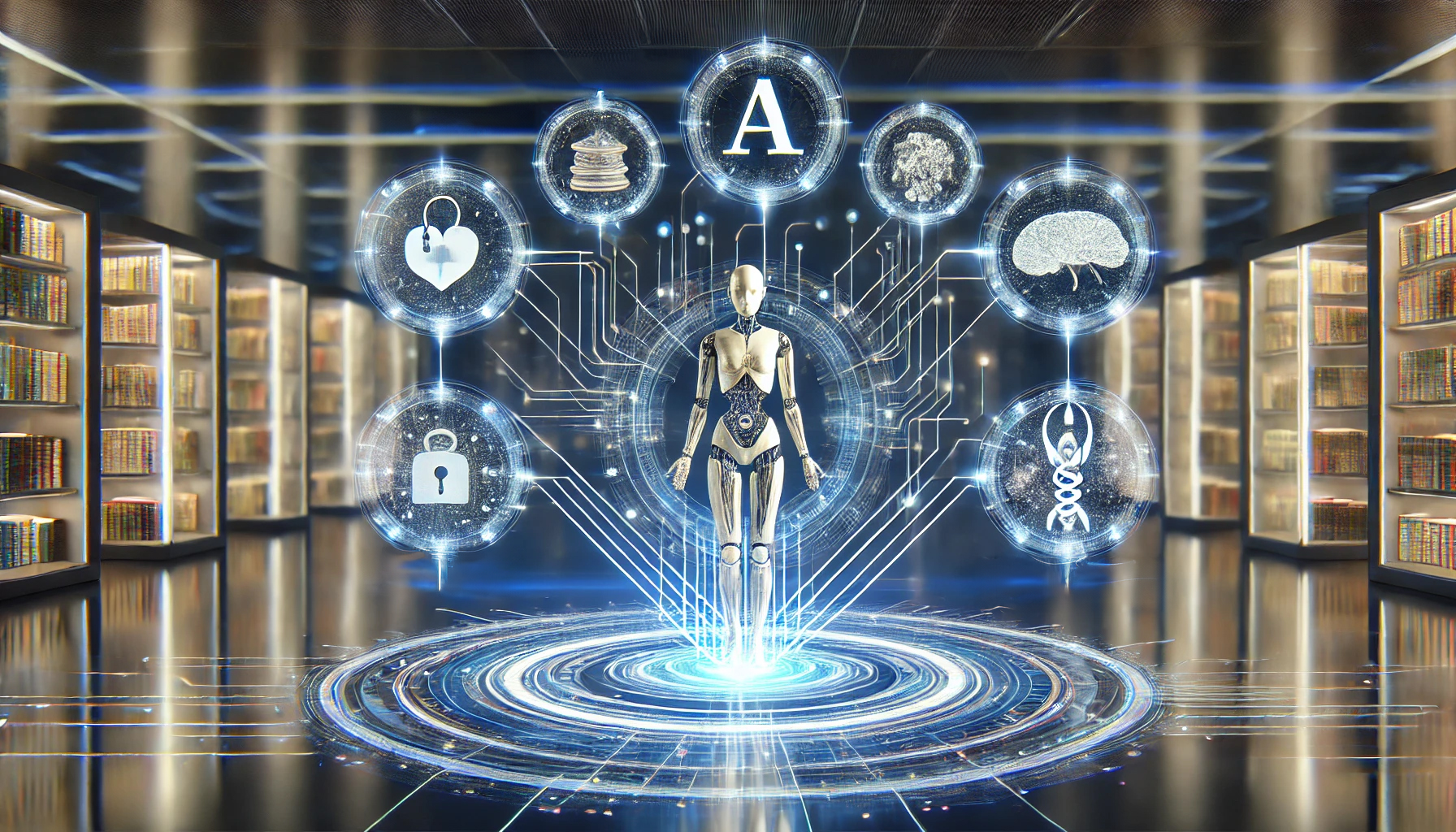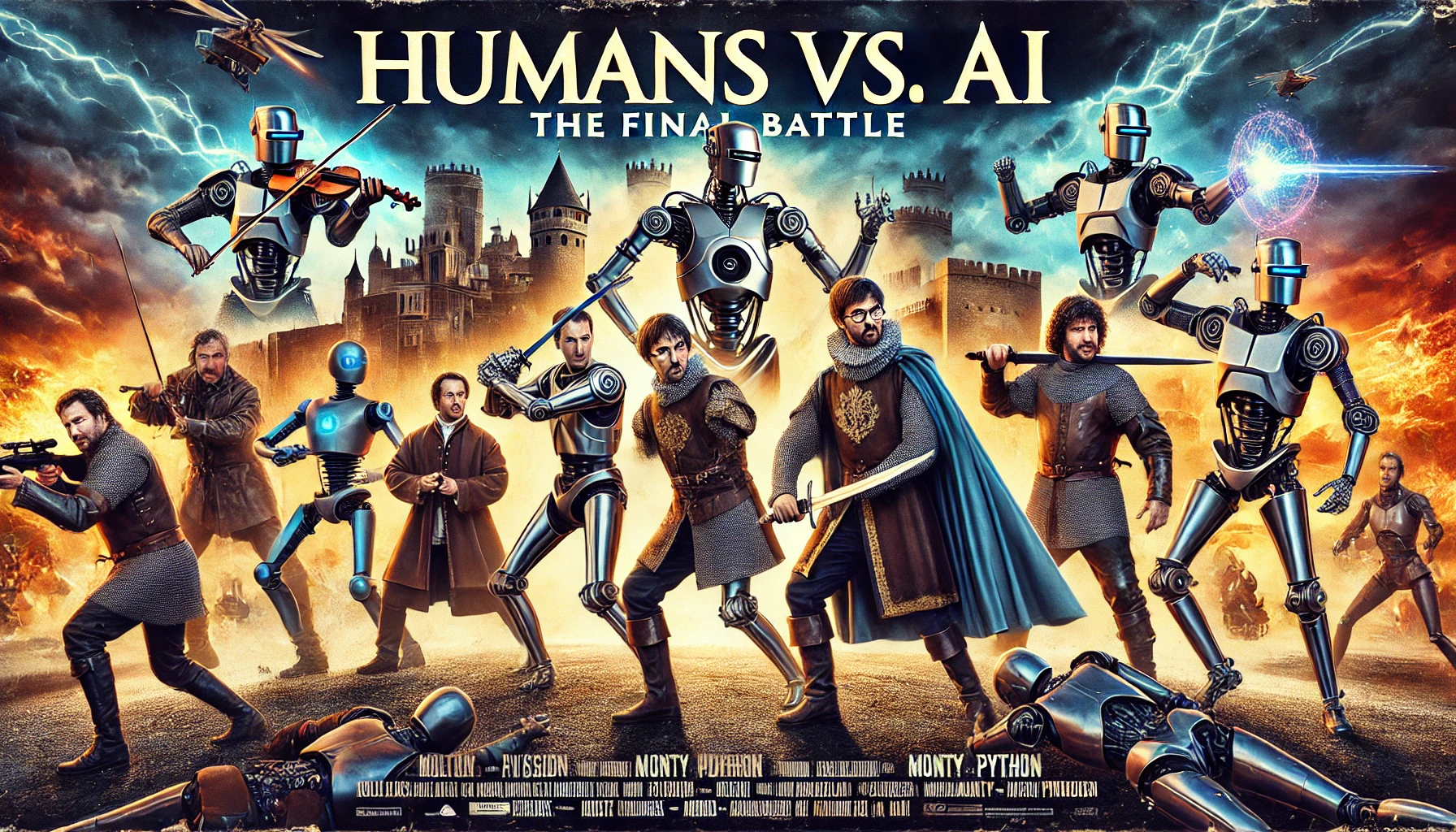We’re entering an era where Artificial Intelligence is becoming a staple of our everyday lives. From answering our questions to managing our schedules, AI like ChatGPT acts as a one-stop knowledge base. It’s tempting to imagine a future where a single, all-knowing AI serves every purpose, a virtual assistant that could solve everything with perfect accuracy. But when you really think about it, that’s not how humans work—and it’s not how AI should work either.
Let’s take a step back and make a comparison: imagine you ask 100 people the same question, expecting a single, unified answer. What do you get? The average response, a middle-ground, something watered down. The result might disappoint you because it’s a reflection of a wide range of perspectives but lacks nuance. Now, what if you pick one person out of that 100, an expert, and ask them the same question? You’re likely to get a more specific, insightful, and targeted response that aligns better with your needs.
The One-Voice Approach
Now think of AI the same way. Right now, when you ask something to a general-purpose AI like ChatGPT, it tries to cover all angles. It’s like asking those 100 people at once. You might get an answer that’s correct, but it could be too broad or lack the precision you were looking for.
But what if, instead of relying on this general knowledge, we start moving toward specialized AI systems? These AIs would act like those experts in their respective fields—whether it’s medicine, law, creativity, or customer service. You wouldn’t ask your doctor for investment advice, right? So why expect one general AI to handle every possible scenario with the same level of expertise?
Enter the Sidekick: Enhancing Specialization
Now, let’s take this one step further. What if that one specialized AI voice—the expert in its field—had a sidekick? Someone, or in this case, something that could enhance its answer by providing complementary knowledge? Imagine asking a medical AI for health advice and getting the specialized, in-depth response you’d expect. But alongside it, there’s a secondary AI that can factor in nutritional advice or even psychological considerations. It’s like having a conversation with both a doctor and a nutritionist simultaneously, each enhancing the other’s insights.
By segmenting AI, we could build a system where each specialized AI delivers focused expertise, but the cross-pollination of knowledge happens in the background. You wouldn’t need to bounce between different AIs—each one would communicate with others to ensure you’re getting the most comprehensive and multi-faceted advice possible.
Specialization Is the Future
The reality is, the more we expect AI to do everything, the more generalized and potentially disappointing its answers become. By creating a future where we have a network of specialized AIs, each conditioned for a specific field but still capable of collaborating with others, we give humans something far more powerful than a single know-it-all. We give them a collective intelligence that’s nuanced, layered, and tailored to their exact needs.
Conclusion
The future will likely see the segmenting of AI into specialized agents that can collaborate to deliver nuanced, expert-level responses. Just as in human interactions, we seek out specialists for particular needs. With AI, the same logic will apply. We will consult a network of specialized AIs, each conditioned with a unique voice, but capable of working together to give us the best possible answer.
By leaning into specialization, AI can deliver more relevant, trustworthy, and tailored solutions, rather than the average, catch-all answers we often get today. The future of AI won’t just be smart—it will be nuanced.



